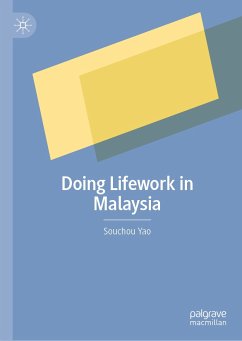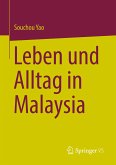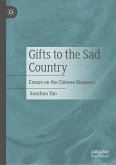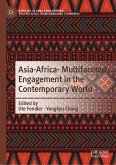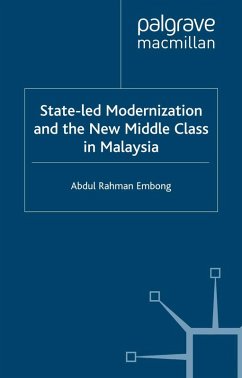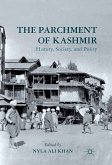Malaysia is a prosperous, developing nation in Southeast Asia. Its citizens face the problems that beset people's lives all over the world. These problems are about the family and economic security, as well as the existential choices we customarily associate with the residents of developed societies. Through the anthropologist's art of ethnography and cultural analysis, the book shows the way ordinary Malaysians manage the contingencies, the chanciness in their daily existence. In a mildly postcolonial gesture, Doing Lifework in Malaysia transports the work of Heidegger, Arendt, Camus, Sartre-masters of European existentialism-to a recognizably 'Third World' situation. The result is a series of penetrating and illuminating essays that cover a broad range of social actors, among them a Tamil domestic servant, the film maker Jasmin Ahmed, a Malay corporate wheeler-and-dealer turned ecologist, a group of Chinese traders in the Sarawak interior and a female ex-communist insurgent. As such, this fascinating study examines the Malaysian social life afresh, and in the process brings into focus issues not normally covered in other accounts: Hindu worship as a defiance against tradition, gift exchange and globalization, race envy and psychoanalysis, petite capitalism and solitude.
Dieser Download kann aus rechtlichen Gründen nur mit Rechnungsadresse in A, B, BG, CY, CZ, D, DK, EW, E, FIN, F, GR, HR, H, IRL, I, LT, L, LR, M, NL, PL, P, R, S, SLO, SK ausgeliefert werden.
Hinweis: Dieser Artikel kann nur an eine deutsche Lieferadresse ausgeliefert werden.

